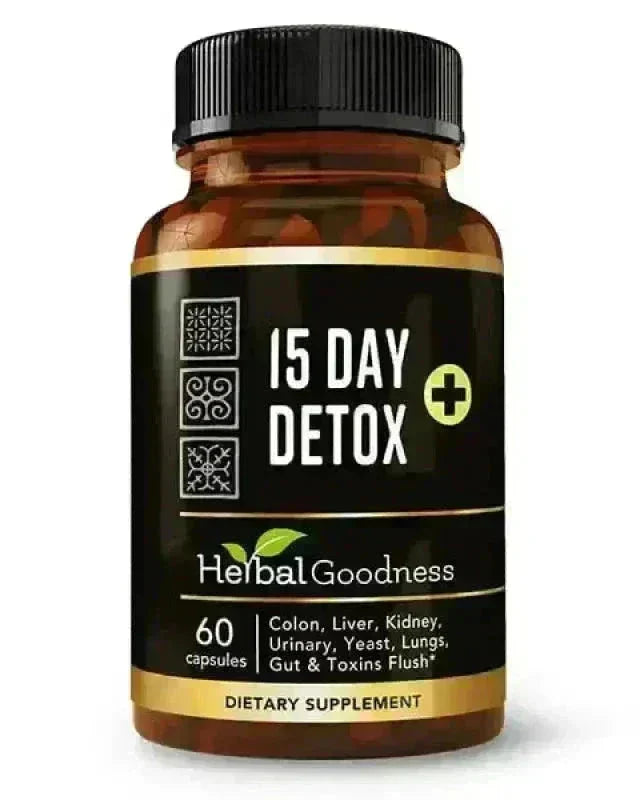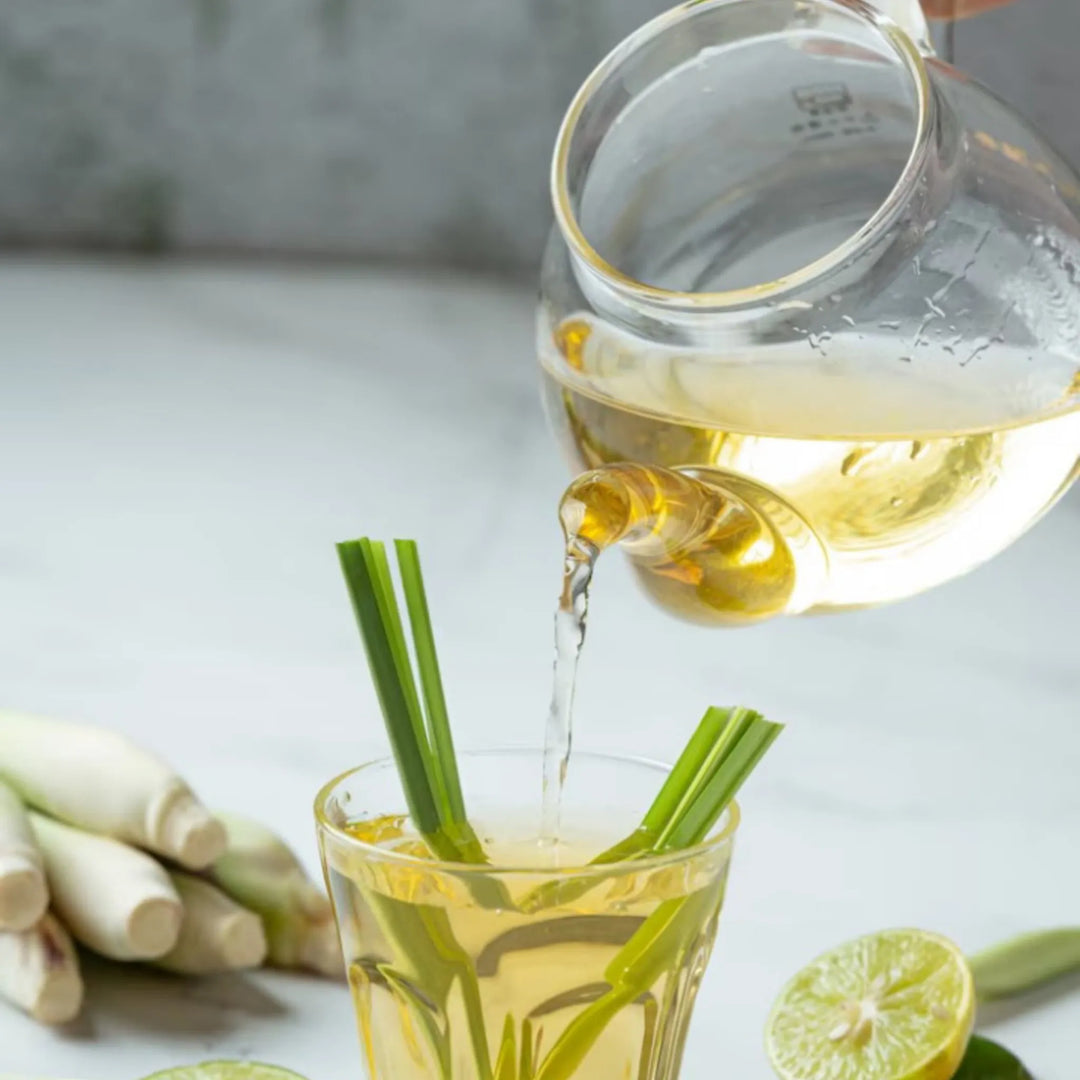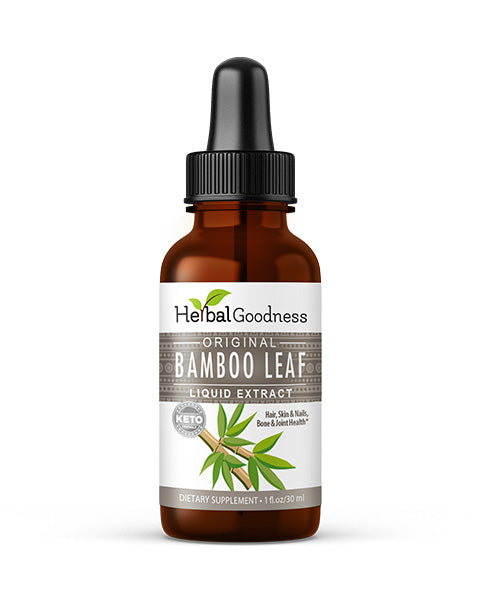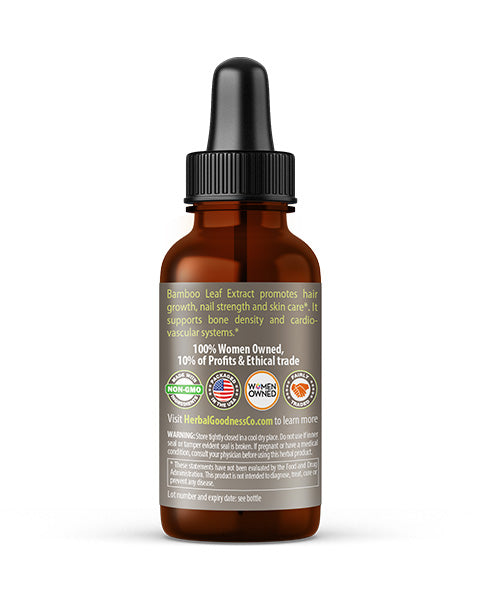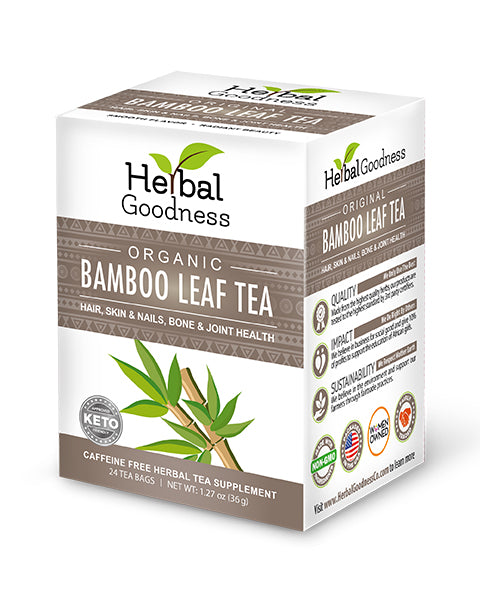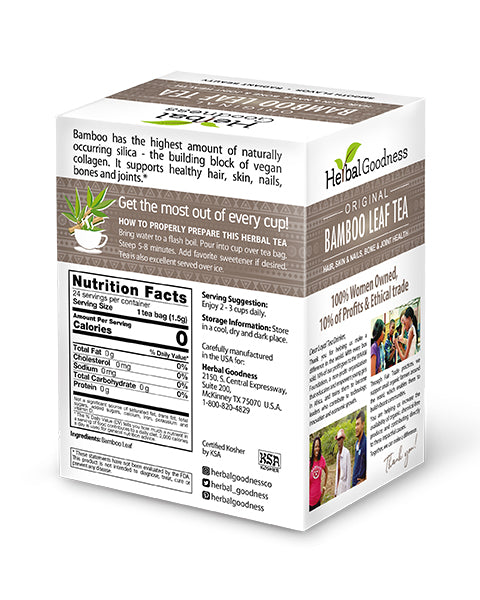Basil: The Herb for Flavor, Health, and Wellness
Basil is more than just a flavorful addition to your favorite dishes. This aromatic herb, revered in both culinary and medicinal traditions, offers a wealth of health benefits. Known for its sweet, slightly peppery flavor, basil is widely used in cuisines around the world, but its uses go beyond the kitchen. In this blog, we’ll explore the health benefits of basil, how to incorporate it into your daily routine, and why it’s a must-have herb for both wellness and flavor.
What is Basil?
Basil (Ocimum basilicum) is a leafy green herb belonging to the mint family. Native to tropical regions from central Africa to Southeast Asia, basil has been used for centuries in both culinary and medicinal applications. There are several varieties of basil, including sweet basil, Thai basil, and holy basil (Tulsi), each offering unique flavors and health benefits.
Health Benefits of Basil
1. Rich in Antioxidants
Basil is packed with powerful antioxidants, including flavonoids and essential oils like eugenol. These compounds help neutralize free radicals in the body, protecting your cells from oxidative stress and reducing the risk of chronic diseases. Regular consumption of basil may help support overall cellular health and slow the aging process.
2. Anti-Inflammatory Properties
The essential oils in basil, particularly eugenol, have anti-inflammatory effects that may help reduce inflammation in the body. This can be beneficial for conditions such as arthritis, inflammatory bowel disease, and other chronic inflammatory conditions. Incorporating basil into your diet can naturally help manage inflammation and promote a healthier lifestyle.
3. Supports Heart Health
Basil contains compounds that may support heart health by reducing high blood pressure and cholesterol levels. The herb’s anti-inflammatory and antioxidant properties also protect the heart and blood vessels from damage, helping reduce the risk of heart disease. Basil’s rich magnesium content can further support cardiovascular health by promoting better circulation and regulating blood pressure.
4. Aids in Digestion
In addition to its flavor, basil offers digestive benefits. The herb’s essential oils stimulate the production of digestive enzymes, which aid in breaking down food and absorbing nutrients. Basil can help relieve indigestion, bloating, and other mild digestive discomforts. Adding basil to meals or consuming basil tea can be a great way to promote better digestion.
5. Natural Stress Reliever
Certain varieties of basil, particularly holy basil (Tulsi), are known for their adaptogenic properties, meaning they help the body adapt to stress and reduce anxiety. Holy basil has been used in traditional Ayurvedic medicine to promote mental clarity, reduce stress, and improve overall emotional well-being. Consuming basil tea or using basil essential oil in aromatherapy can help you feel calmer and more balanced.
6. Promotes Healthy Skin
Basil’s anti-inflammatory and antibacterial properties make it an excellent herb for promoting healthy skin. It can be used to treat acne, soothe irritated skin, and reduce redness. Basil-infused skincare products or homemade basil masks can help cleanse and tone the skin naturally, leaving it refreshed and clear.
7. Boosts Immunity
Basil’s antimicrobial and antibacterial properties support a healthy immune system by fighting off harmful bacteria and viruses. Consuming basil regularly can help strengthen the body’s defenses against infections and illnesses, making it a great addition to your diet, especially during cold and flu season.
How to Use Basil
There are several ways to enjoy the benefits of basil, both in cooking and as part of your wellness routine:
- Fresh Basil Leaves: Add fresh basil leaves to salads, pastas, soups, or sandwiches for a burst of flavor. Basil pairs especially well with tomatoes, garlic, and olive oil, making it a staple in Mediterranean and Italian dishes.
- Basil Pesto: Blend basil leaves with olive oil, pine nuts, garlic, and Parmesan cheese to make a delicious pesto sauce. Pesto can be used as a pasta sauce, spread on bread, or added to roasted vegetables for a flavorful, healthy meal.
- Basil Tea: Steeping fresh or dried basil leaves in hot water makes a soothing tea that promotes digestion and reduces stress. Holy basil tea, in particular, is great for calming the mind and supporting immune health.
- Basil Essential Oil: Basil essential oil can be used in aromatherapy to reduce stress or applied topically (diluted with a carrier oil) to soothe sore muscles and promote healthy skin. It’s also great for relieving headaches and improving focus when diffused in the air.
Side Effects and Considerations
Basil is generally safe for most people when used in moderate amounts. However, if you are pregnant or breastfeeding, it’s best to consult with a healthcare provider before using basil in medicinal amounts. Some people may also be allergic to basil, so it’s a good idea to start with small amounts to see how your body reacts.
Conclusion
Basil is much more than just a culinary herb. Its powerful antioxidants, anti-inflammatory properties, and ability to support heart health, digestion, and mental well-being make it a must-have in any wellness routine. Whether you use it fresh in your cooking, as a tea, or in aromatherapy, basil offers a natural way to enhance your health and enjoy delicious flavors.
Related: Antiviral Herbs That Can Help Boost Your Immunity | Herbal Goodness




